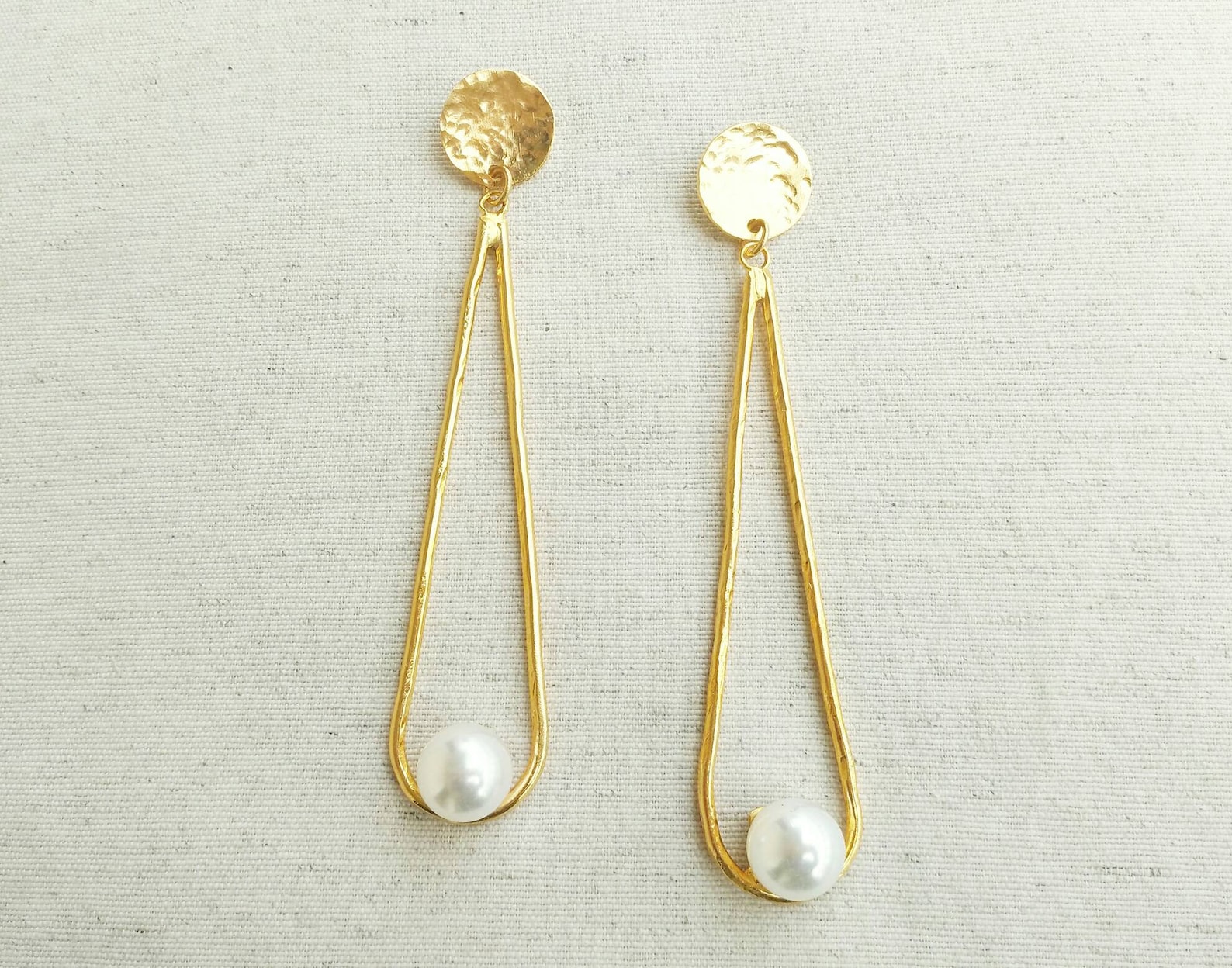He answered some questions regarding his Greek adventure.
How did you find yourself in Athens, building a radio station from scratch?
I first came to Athens in 1999/2000 as a consultant for SBS who became the owners of Lampsi. My job was to restructure the format and turn it into a winner which we did. Several years later whilst I was in Athens doing some work for Melodia I was approached by George Katsiyiannis and Filippos Talantis, whom I worked with during the Lampsi period. They had a concept for a rock station but did not know how to make it. George brought the music, Filippos brought the marketing concepts and I brought the format, research and mechanics.
What was the goal and the plan for Red?
Quite simply to create a mainstream rock music station that would not only satisfy many listeners music needs but also set new trends in both programming and marketing. Before Red there was Rock, who to my ears was eclectic and very much like a U.S style alternative college rock music station.
Why do you think Red became a success?
I always believe a radio station becomes successful for several reasons.
Timing is a big part, having the right format at the right time. Delivering a product the market wants and of course responds to.
Having the right mechanics. On the surface you might think you just pick some songs everyone likes and play them but in reality it’s a combination of knowing what are the right songs, in what order you should play them and how often you should play them.
Red hit the right spot in the market. Having a radio station is a bit like being in a gang. If you have the coolest gang everyone wants to be in it. Red was the coolest gang. The marketing appealed to the ‘rebellious’ spirit of rock music. Those early images of Che Guevara, The Queen and the Statue of Liberty really hit the spot.
Not all ‘Rock Music’ fans wear black leather. We always believed it was important to recognise the average rock music fan is not stereotypical. Having worked with rock stations for twenty years and having met many listeners I knew your average listener was not the dark, black leather clad image portrayed by rock music magazines. Most fans are normal every day people who just happen to like rock music. Most rock music fans are rebels and individuals in mind but straight on the outside.
What should the future steps for Red be?
After six years of working with Red I have now handed the reigns over to the next custodians who will work their magic on the station. Future-steps is very subjective. What I consider the station needs may well be not what the next managers want.
Future steps for any station is to maintain and build their audience and that’s always difficult. One of the problems many successful stations in Athens suffer from is copycats. I remember when we made Lampsi successful there emerged stations sounding just like Lampsi. When Red became successful the same thing happen to the extent that stations like Rock 96.9 became a copy paste version of Red.
Is it more difficult to get the audience you want or to maintain it?
Good question. To be honest I always believe it is harder to maintain the audience.
When I start a new station I spend a lot of time in the preparation looking for the gap in the market where a new station can establish itself and then grow. Like any building the foundation is the key to success.
Once launched you are carried by the excitement of seeing the dream become a reality. Then you go through the fine tuning and adjusting stage and when you are happy you launch the marketing. Having launched many stations I always know when it is going to work.
As I mentioned earlier it’s harder maintaining the success especially after the station has been on air for years. A certain amount of listener fatigue sets in and of course trends change and listeners want change.
Several years ago Rock music was the pop music. I could count at least five other stations playing similar music to Red. Now Pop music is back, rock music has been relegated off the charts and new stars have popped up. In Athens, the format I predicted over a year ago has now taken over in the form of Hot FM.
Playlist: is it necessary?
I knew this would come up. To some radio people in Greece I am the saviour of modern radio while others see me as the anti-Christ for introducing formatted radio with playlists. To be honest playlist in some form already existed here. I just formalised it and gave it direction.
I believe there is room for the two schools of thought.
The one I come from is a Playlist friendly. I believe a playlist is a good thing as it gives the listeners what they want. The other school believes it creates repetition and in the end a boring station with no variety or as the critics say, ‘playing the same songs over and over’.
Picture this: The average person listens to the radio for 80 to 100 minutes a day. In real terms that’s a maximum of 50 minutes in the car going to work and 50 minutes going home.
On a formatted playlist station the listeners know what they will get. There is a consistency in the sound and style of the station, they will hear songs they know and like. Stations like Red, Kiss and Lampsi spend a lot of money on research to ensure they play what the audience wants. In stations like Red you listen because you like the style of music and if it is programmed well you will like or love two out of every three songs.
On the other side you have stations like Melodia and En Lefko who believes in the freedom to play music as the feel takes them. In Melodia’s case they have very experienced Presenters/Producers who know their music and their audience. Their argument is they are making a more personal presentation and the music they present is a one on one choice, from me to you. No repetition and lots of surprise.
Going back to the 50 minutes you are in your car, one format gives you music you know and love and in Red’s case, also some new music, while the other format gives you lots of variety but not always music you know or love.
Why can't Athens, a city of 6 million, have a pure rock or jazz or hiphop radio station?
In my mind there are several reasons why Athens cannot sustain a pure format radio station.
1. Economics, quite simply the markets does not generate enough income to sustain a pure format. Most stations in Athens are ‘hybrid’ formats where various genres are mixed to create one sound. This is common in most markets. A pure format or ‘niche’ format cannot get enough listeners to generate enough income to sustain itself. Stations like X-FM in London have large successful sister stations that can support them
2.The Greek market, generally speaking is not as developed as major markets. Compared to markets in other parts of Europe, Australia or America there is not the professionalism you would expect from a market this big. There are very few full time presenters especially in music radio, and very little money is spent on the infrastructure.
3.Radio is not the main player in the business plan in Greece. Most broadcasters are part of a bigger conglomerate which encompasses shipping, television and print for example, so even a successful radio station with a turnover of €3m per year is small fish in the big plan. Owning media in Greece has more to do with power than creativity.
Is a true rock radio viable in Athens today?
I believe any format can succeed if there is a demand strong enough to financially sustain it.
If you were asked to build a new radio station in Athens today, what would it sound like (music, presenters, etc)?
That’s a trade secret. There are 42 radio stations in Athens so there is lots of variety but I think there is room for several good formats. Call me.
How does the greek record industry sound to a foreigner radio person? How is it different as to UK or Australia?
I have spent many years dealing with record companies in Australia and Europe. Australia and the UK are very sophisticated and to be honest work differently to the industry in Greece. As a radio programmer it is important to be in constant communication with record companies. You want to know what is new, what’s hot, what you can work together with and so on. In most countries I have worked in the record companies are very pro-active. They come to your office every week with product. They give you a presentation of their product and you talk business. They are hammering away about adding music to the playlist, getting the station to promote the product and to interview the artist.
With exception to two of the major labels I think more work is needed in Greece.
If you could suggest some things to the greek record industry in it's relationship with radio stations, what would they be?
Don’t be shy. Come and see us and sell your product.
What's the funniest or weirdest thing that has happened to you in these 5 years?
Let’s be honest my Greek language is bad. I did many lessons but I just don’t have it. I joke with everyone here and say ‘I am the Manuel of Greek’. ‘I speak very good Greek, I learnt it from a book’. (Manuel is the Spanish waiter in the English sitcom Fawlty Towers). The language thing always makes for interesting situations. Luckily for me everyone at Red speaks English.
I have so many good things that have happened in Greece I cannot name one singularly. I think the people I have worked with and become friends with will remain with me.
My memorable bad thing is the many cab drivers who try to rip you off because you are a foreigner. Perhaps they should realise we are foreigners not stupid.






No comments:
Post a Comment